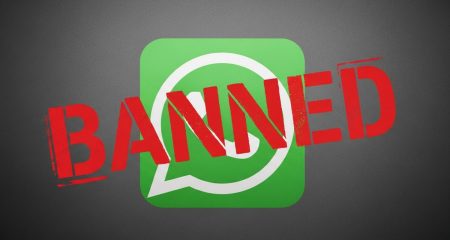
Facebook bestrides the Earth. It attracts nearly 1.5 billion users a day, commands a fifth of global online advertising revenue and has a market capitalisation that exceeds the GDP of many countries. An average user spends nearly an hour a day on its various platforms — about as much time as they spend eating and drinking.
Any business of such dominance would raise concerns about fair competition, and Facebook is no exception. A number of activist groups are even demanding that the company be broken up. Increasingly, they have sympathetic ears on Capitol Hill and in the media.
Although tempting, this is the wrong approach. As preeminent as Facebook is, breaking it up would do little to stimulate competition, while causing plenty of harm. Far better to remedy its specific abuses, while taking care not to wreck a thriving American company in the process.
The most obvious problem with breaking up Facebook is that many consumers enjoy using it, and pay nothing for the privilege. Demanding that they choose between arbitrarily smaller, less useful services is hardly to their advantage. Small businesses, likewise, profit hugely from Facebook’s scale, data and advertising tools. Depriving them of such a service would come at a high price while doing little obvious good.
Market forces would also likely impede such an effort. The main way Facebook and its fellow tech behemoths have grown so powerful is through network effects: the more people who join Facebook, the more useful it becomes; the more useful, the easier to attract more users. Breaking it up wouldn’t reverse this dynamic. One of the new MiniBooks would in all likelihood emerge as better than the rest — bringing in disproportionate users, data and advertising dollars, and thus achieving dominance just as Facebook has.
Dominance, moreover, shouldn’t be mistaken for a lack of competition. As successful as Facebook is, there’s little stopping other companies from doing things better. In fact, they already are: nearly all of Facebook’s constituent services — messaging, video sharing and so forth — face competition from apps around the world. One result is that Facebook’s market share is quickly eroding among younger users, who prefer cooler and less intrusive services. Although the colossus is safe for now, there’s no shortage of alternatives for consumers, and no reason to think government intervention would improve matters.
Not blameless
That said, Facebook isn’t blameless when it comes to hindering competition. Its boldest ploy involves a security application called Onavo Protect. Through this tool, Facebook gathers data on nearly everything its users do online: what apps they install, sites they visit, stuff they download and so on. That information is stored in a database, which the company uses to determine what rival products are becoming popular. It then may acquire the company producing the app — as it did with WhatsApp — or develop a competing product of its own, as it did with live video streaming.
Regulators must keep a close eye on this sort of thing, and shouldn’t hesitate to intervene when it’s being abused. The Federal Trade Commission should ensure that Facebook isn’t collecting such data under false pretenses — Onavo, audaciously, markets itself as tool to “keep you and your data safe” — and any new Facebook acquisitions should be greeted with due scepticism by antitrust officials.
More broadly, lawmakers should consider ways to discourage any company from using its data trove to deter new competitors. One might be to offer a “fiduciary” standard that would encourage companies to compete on how responsibly they handle personal information. Another could be ensuring that a user’s data is “portable”, as Europe’s new privacy regulations require, which could help ensure that start-ups aren’t stymied by the inherent data advantages that come with scale.
Such remedies may seem less satisfying than simply breaking Facebook into pieces. But they would respond to specific threats to competition — not to perceived problems with bigness per se. For all its faults and failures, Facebook shouldn’t be vilified. It should simply be held to account when it behaves badly. Let the market take care of the rest. — (c) 2018 Bloomberg LP




